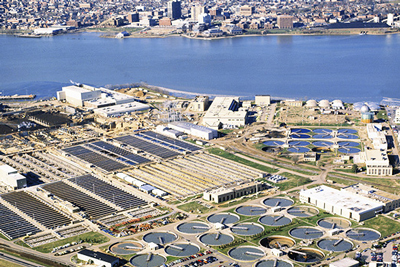I am not a tree-hugger, especially when it comes to silly and unjustifiable laws like the Montgomery County (MD) bag tax. In eleven years living in this county, I never allowed one of those plastic grocery bags to hit the street. Instead, I recycled them as small trash bags, which freed me of the need to buy such bags.
Now I recycle grocery bags for use as grocery carriers because I refuse to pay five cents to use a new one. But now I buy small trash bags. Thus, my use of plastic has gone up thanks to the well-intended yet idiotic bag tax.. Since I'm inconvenienced to solve a problem I did not cause, I'm now less inclined to support environmental causes than before.
Sometimes those conservative Republicans have a point, but I digress. While I am not a tree-hugger, I am a boat lover. I do pay attention to clean water issues.
While walking Joe the Wonder Dog along Sligo Creek I found this interesting flyer on the topic by The Friends of Sligo Creek. I did not see the text posted on their site or anywhere else. It's a message worth reading, so here it is on Boating Fever.
"The Bay Starts Here ... says a sticker on one of the toilet tanks at the Brookside Nature Center in Wheaton -- telling one part of the story.
"Most of the water coming to the faucets and toilets of the Sligo Creek watershed is taken from the Potomac River above Great Falls, then processed and piped to our homes; about 10% comes from the Patuxent River to our east.
"Everything that goes down the kitchen sink or toilet flows -- following gravity -- to lateral pipes under the street in front of the house and then through trunk mains laid within the streambed of Sligo Creek. Leaks in these pipes mean raw sewage contaminating our creek.
"Sligo wastewater is piped on southward through Prince Georges County, joining other watersheds' waste, and then through a 23-foot diameter pipe underneath the Anacostia River, ending at Blue Plains Wastewater Treatment Plant in southeast Washington. The filtered and treated liquid of Sligo Creek is returned there to the Potomac River. Then it flows to the Bay."
The flyer goes on to tell of a meeting about the Washington Suburban Sanitation Commission (WSSC), the water and sewer authority, that is running a project to repair the sewer lines under Sligo Creek.
Maybe this is of interest only to me. But, it's worth knowing that






